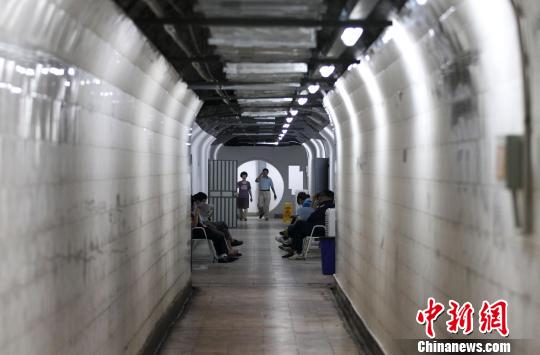Bomb shelters offer protection from heat
 0 Comment(s)
0 Comment(s) Print
Print E-mail China Daily, July 10, 2012
E-mail China Daily, July 10, 2012
In Nanjing, capital of East China's Jiangsu province, 11 underground spaces have been opened to the public until Sept 10. With a permanent temperature of 20 C, the resorts open to everyone between 9:30 am and 5 pm every day and are cleaned and managed by designated staff.
 |
|
A bomb shelter in Nanjing. |
In a bomb shelter near Nanjing's Wangjinshi, the space remains tidy with two dehumidifiers applied to keep it comfortable for the patrons. But gambling, dining and dances are banned there.
Luoyang, in Central China's Henan province, opened 18 underground resorts close to the downtown area and residential communities this year, all of them reinforced. Officials said they were glad to put these idle spaces to use.
But not all the cities in East China have underground resources to benefit the public.
In Shanghai, a city with more than 20 million residents, almost no free underground spaces could be used because of ownership issues or their poor condition from lack of maintenance, government officials said.
"Most of the air-defense works owned by the local government are the early projects that are humid and unsuitable for residents to stay long," said Cheng Ji, director of the civil defense office in the city's Xuhui district.
Most of them are built using the vulnerable bricks-and-tiles structure, he said. Only a small portion of them could serve as summer resorts but they have been used as storage facilities.
Some new underground spaces are run by developers, and the government has no right to open them for public use, he added.
In Shanghai's Huangpu district, most of the bomb shelters have been used as warehouses.
Apart from offering an alternative for residents to escape the heat, the opening of the underground shelters helps preserve the environment and partly relieves the power shortage in the peak season of summer.
In Hangzhou, where power rationing could be adopted at some communities in summer, free public underground resorts in 2010 conserved at least 480,000 kilowatt-hours of electricity and reduced carbon dioxide emissions by 478 tons.






Go to Forum >>0 Comment(s)